Being a teacheing includes many of the same challenges faced by parents. You can have the highest hopes and dreams for your students, but the daily grind—not to mention the current obsession with technology—makes it more difficult to negotiate the academic and social maze of childhood and teenage years.
We reached out to some of Marion County’s finest educators to tap into their experience, learn their approach and get their best advice for students at every grade level. (Notice the emphasis on reading for all ages!) Let their wisdom help you guide your own children along the path to success.
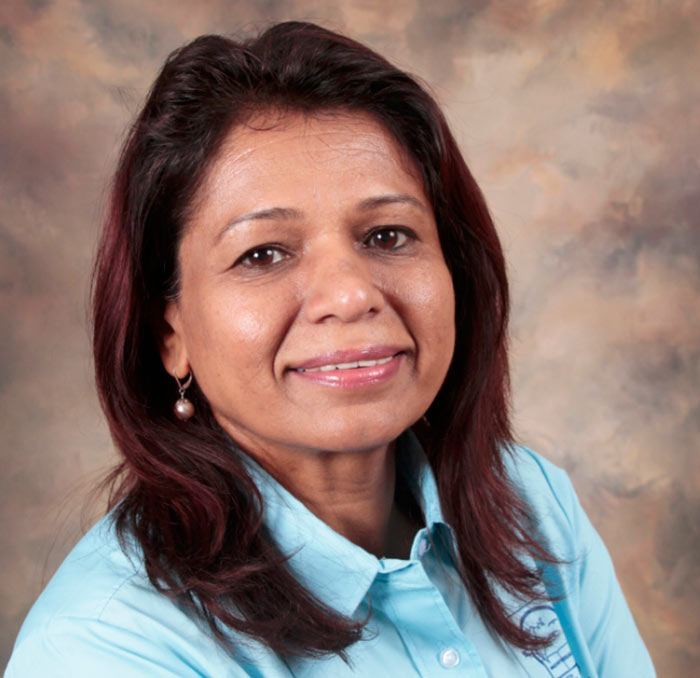
Pre-K
Rozina Ali {teacher since 1996} Montessori Preparatory of Ocala
“The greatest achievement in the first six years of a child’s life, in my opinion, is directed by their absorbent minds when a child gathers knowledge from his or her observations,” says Rozina Ali. That includes both “conscious” and “unconscious” learning.
During the first three years of their child’s life, a parent’s task is to provide a safe, rich environment.
“After age 3 until age 6, the task of parents increases,” says Ali. “They should let the child lead in accomplishing tasks independently with limited guidance. Although parents may supply the desired help needed, the obstacle between the child and his experience should never be crossed.”
Ali explains that it’s vital for parents and teachers to understand that every child learns differently. Some are audible learners, while others are more hands-on and visual. Adjusting teaching methods according to each child will be very beneficial to development.
Ali finds that the toughest adjustments confronting her young students are the lack of parental involvement and the excessive use of technology.
Her Teaching Philosophy
“Each child is unique and learns differently, so the teacher’s methods and ideas should adapt to the child’s needs. Instead of becoming the ‘person in charge,’ I consider the role of teacher as that of facilitator, by providing proper motivation and showing the right direction.

Kindergarten
Sandra Dailey {teacher since 1987} Eighth Street Elementary
Kindergarten is a milestone grade, and young students face some tough adjustments, including learning to focus and work independently. The goal is for all students to leave kindergarten being able to read, so Sandra Dailey encourages parents to help their children transition into this grade by making sure kids begin the school year with a solid ability to identify and name letters, as well as knowing how those letters sound. Beyond academics, children of this age also experience many social changes. Parents should see their children becoming more independent in all areas, from tying their own shoes to taking care of their school supplies.
Extracurricular activities are vital for children of this age, especially when it comes to socialization and exercise.
“I think organized sports are fantastic to help build friendships, follow directions and for learning to win and lose,” says Dailey.
She adds that parents can do a lot at home to make school and learning in general easier.
“Make it a fun, family time. Build up the child and read to them as much as possible!”
Her Teaching Philosophy
“I believe that all students can be successful no matter their abilities. I want all students to leave my class loving school and feeling proud of what they have learned.”
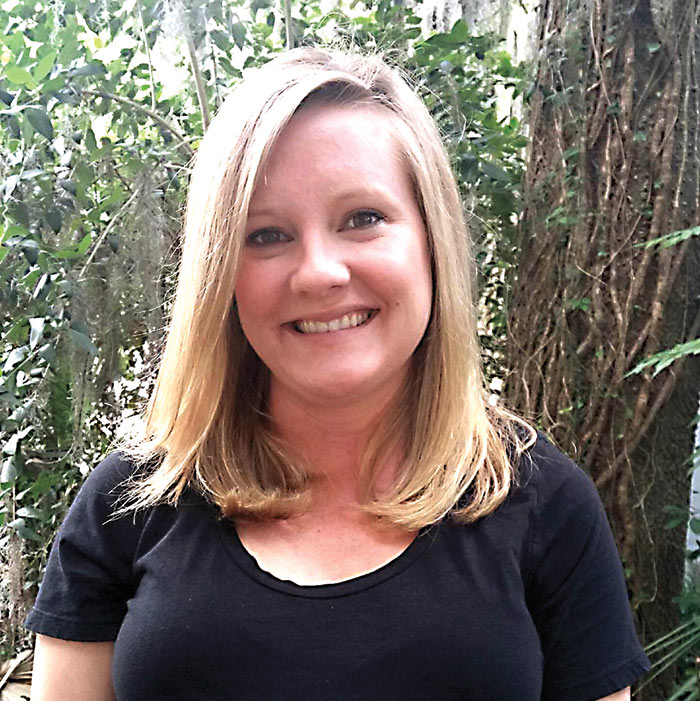
1st Grade
Michelle Donaldson {teacher since 2013} Dunnellon Elementary School
Transitioning into first grade can be challenging, but Michelle Donaldson finds parents can help tremendously by reading to their children every night. This activity increases the child’s vocabulary and word bank, while instilling a love for reading. She’d like all her students to read Stand Tall, Molly Lou Melon, by Patty Lovell, because it’s about being proud of who you are.
“I hope my students always have a book in their hand because they love to read. I also hope they have developed a set of self-reliant skills to attack words they don’t know and problems they cannot solve,” says Donaldson. “First-graders are expected to write more, read longer and perform more difficult critical thinking tasks than ever before. This can be overwhelming, but I’ve found if we raise our expectations our students will meet them.”
Parents can help by understanding that learning should continue at home—not stop when the bell rings.
“You are their teachers through life. Develop a relationship with their teacher, ask for help if you need it and attend school functions and trainings.”
First-graders are old enough to understand that their actions affect others, learn to compromise, be patient and have empathy.
Her Teaching Philosophy
“I believe in a student-centered classroom where children learn by creating, collaborating and being challenged. I believe in creating an environment that allows students to take control of their learning and gives them hands-on experiences to gain knowledge.”
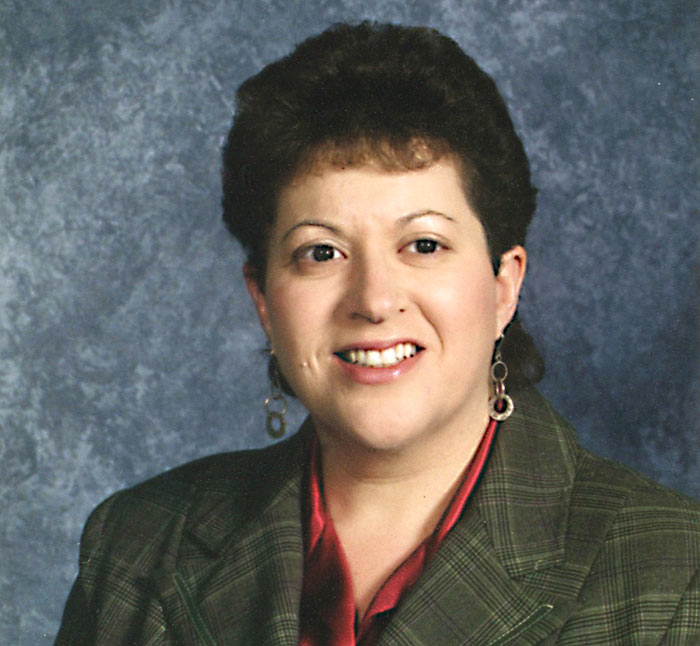
2nd Grade
Susan Bruegger {regular education teacher since 2002} Anthony Elementary School
Second-graders face plenty of challenges, according to Susan Bruegger. Not only must they read much longer passages than in first grade, but they’re expected to answer more open-ended questions and learn to work more independently.
To that end, Bruegger hopes to see her students work in cooperative groups with classmates, while staying on task.
“I would like them to be kind to each other and become fluent, independent readers, creative writers and able to reason mathematically,” she notes.
A regular homework routine will help, including reviewing homework with their parents, even if they completed it in an after-school program.
Bruegger encourages her students to read on their own 20 to 30 minutes a day and also read with their parents. One book she highly recommends is Enemy Pie, thanks to its affirming life lessons.
Scouting, soccer and anything to do with the arts are great extracurricular activities, within reason, as they provide challenge and help build confidence, sportsmanship and listening skills.
“Parents should read to their children, be good role models, help build their child’s confidence and communicate with their child’s teacher. See that your child is at school on time and has good attendance,” urges Bruegger, adding that parents should provide fun learning experiences outside of school.
Her Teaching Philosophy
“My goal is to generate an excitement for learning and to help plant the seeds of responsibility that grow dependable citizens of the future.”
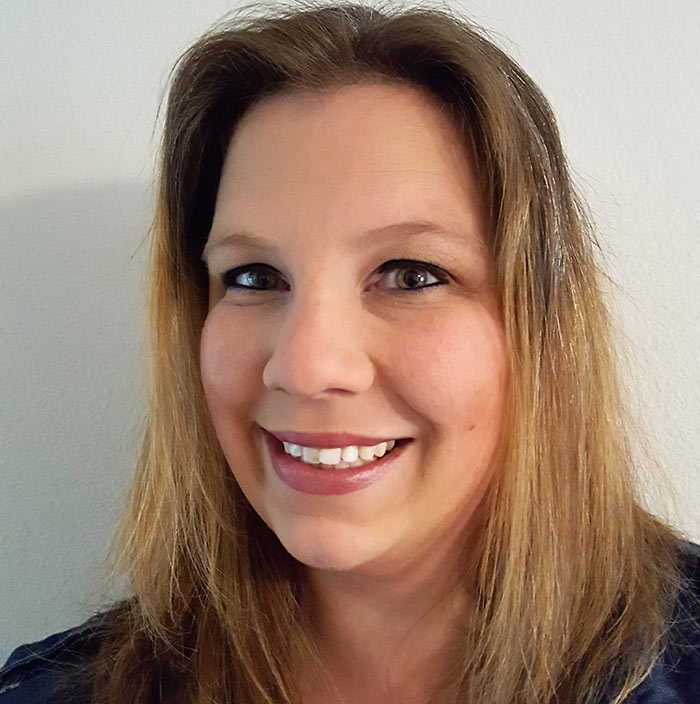
3rd Grade
Andrea Lockley {teacher since 2005} Oakcrest Elementary School
Reading skills are a must for students in this grade.
“If a student has difficulty reading coming into third grade, the student is going to struggle the rest of the year,” says Andrea Lockley, who hopes all of her students read the Magic Tree House series and How to Be Cool in the Third Grade.
Among the most important milestones for third graders is the development of cause and effect reasoning skills and mathematics reasoning. For example, understanding that 8+2=10 so 10-2=8.
Lockley urges parents to make use of the online Parent Portal, which is utilized in Marion County Public Schools.
“Set up a routine for coming home and doing homework and reading. Talk with your children about what they are learning. Allow your child to make mistakes; they’re a part of learning. Don’t ever take the ownership and responsibility for learning away from your child by doing it for them.”
Lockley’s best study tips? Have a set schedule and place for homework and reading at home. Don’t wait until the last minute.
Third-graders are evolving socially, as well. Friendships may change frequently as children’s viewpoints expand and change. Extracurricular activities are a great way to use skills learned in the classroom. Lockley recommends all manner of sports activities in order to encourage physical activity, teamwork, cooperation and sportsmanship.
Her Teaching Philosophy
“Every child can learn with effort and a good attitude toward learning.”
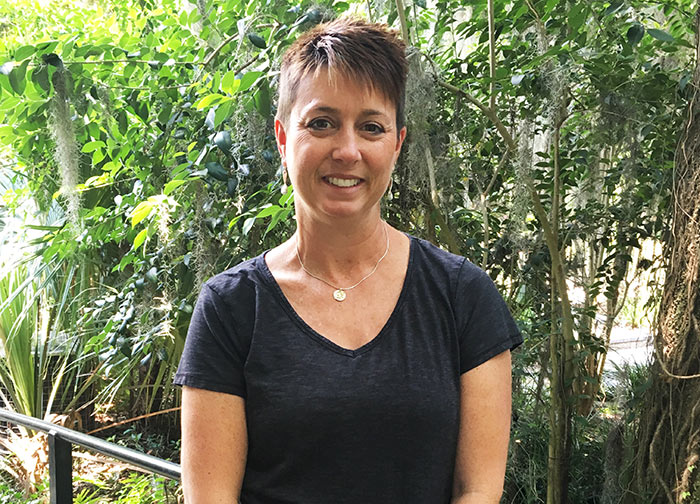
4th Grade
Kelly Hubner {teacher since 1994} Dr. N.H. Jones Elementary School
Fourth-graders in Florida public schools have to take the FSA ELA Writing test, so it’s crucial they understand how to read and comprehend related texts and make connections between the texts. They also have to write their own essay using evidence they pull from the texts.
Kelly Hubner’s best advice for students? Read everything from fiction, non-fiction and short stories to magazines and newspapers. She encourages every Florida fourth-grader to read A Land Remembered by Patrick Smith (youth version).
“Students love it, and it’s the best example of Florida historical fiction I’ve found,” she says.
Although extracurricular activities are important, Hubner emphasizes the value of non-structured time.
“I think we, as parents, tend to over-plan. Out of school, there has to be time for kids to be kids.”
Parents must stay involved, she adds.
“Talk to your child, not just about academics but about relationships. Do not try to fix everything for them, but listen and ask more questions. Let them make connections to what is the right thing to do. Provide an environment that makes education important, and hold them accountable when they do not take care of their responsibilities.”
Her Teaching Philosophy
“It is my job to help the students in my classroom to be successful. It is my job to bend, flex, research and dig until I find how to help them be successful.”
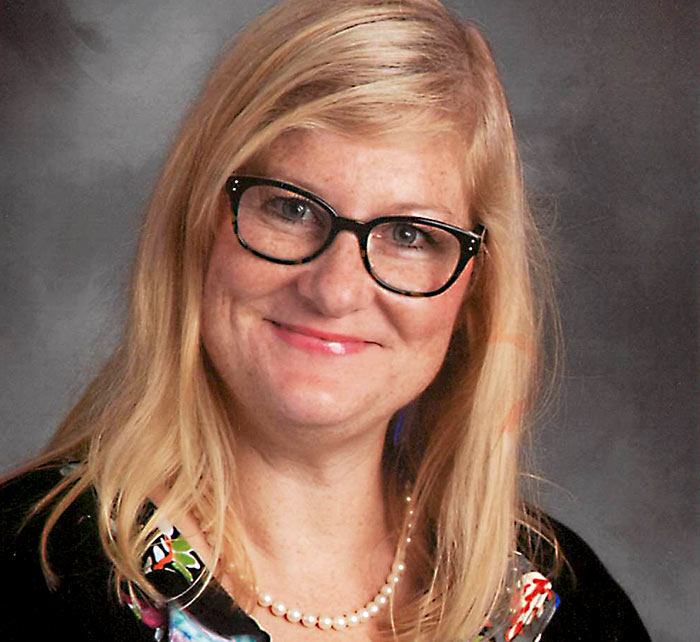
5th Grade
Angela Litton {teacher since 1989} The Cornerstone School
As a language arts and social studies teacher, Angela Litton enjoys seeing her students learn to convey ideas in a strong personal voice. She strives to foster creative, independent, autonomous learners who develop a good command of grammar, including revision and editing techniques.
“Thoughtfully planned integration of technology into the curriculum is undoubtedly a powerfully effective learning tool. However, our children are bombarded with unfiltered information that developmentally they may not be prepared to deal with. Learning to discriminate useful information is challenging.”
Children at this age are increasingly interested in fostering and cultivating friendships.
“Fifth-graders need a lot of sleep and exercise. Their homework should be done in a quiet, organized setting. Provide your child with a lot of healthy snacks. Brain breaks every 30 minutes help concentration, even in a home setting,” notes Litton.
She says parents can help their children by setting definite boundaries for what is school/study/homework time and what is free time.
“Limit decisions that children make in the home environment,” she adds. “In fifth grade, children still need a lot of support, direction and very clear guidelines for success.”
Her Teaching Philosophy
“I hope to challenge students in a creative, safe environment.”
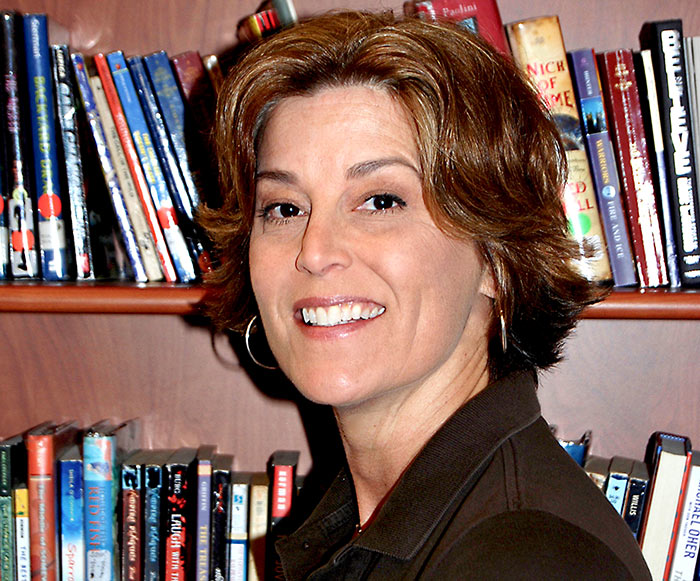
6th Grade
Rachel Kelly {teacher since 1989} Grace Christian School
“For sixth-graders, the transition from a self-contained class to a middle school setting takes time,” says Rachel Kelly, adding that organization and healthy social interactions are learned behaviors. “At Grace, our model for the proper treatment of others is the Fruit of the Spirit, which teaches nine attributes of living a Christian life.”
There is tremendous growth during the formative middle school years. Kelly wants to see her students engage in class discussions, hypothetical thinking and problem solving—both academic and social. Becoming more confident and independent are also encouraged.
Extracurricular activities are an integral part of a child’s well-being. Kelly finds they aid development of social skills and provide routine.
“Success comes to those who are organized and have a routine outside of school,” she adds. “The second key to success is being creative, both in the classroom and at home, to unlock individual learning styles, which lessens frustration.”
Kelly has found that two-way communication between teacher and parents is vital and can help solve problems before they become bigger issues.
Her Teaching Philosophy
“Utilizing and instilling Christian values to promote self-confidence and independence, while helping students reach their academic potential. A lot of structure and a lot of love go a long way!”
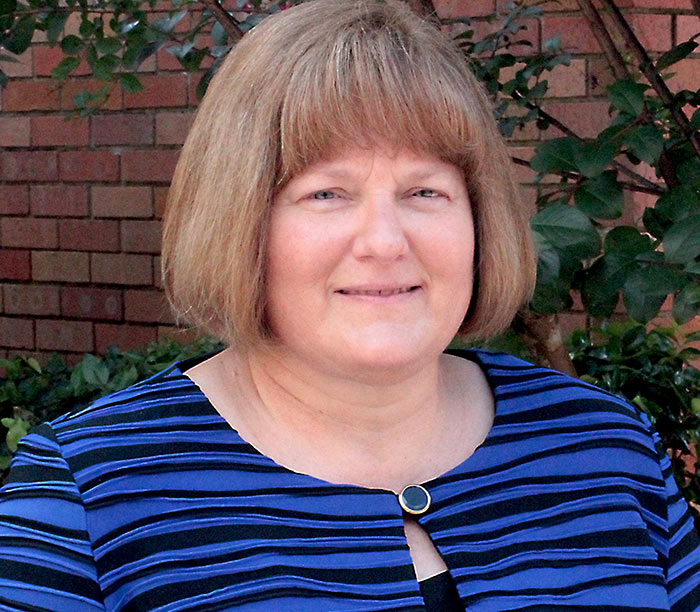
7th Grade
Diane Swartz {teacher since 1988} St. John Lutheran School
Middle school comes with its own set of unique challenges, with some of the toughest adjustments being that students must become more responsible for their own education and completing assignments.
“The most important developmental milestone I hope to see in my students is that they grow from being dependent children to independent teenagers,” says Diane Swartz. “Middle school is an important time where many life-long habits are made, and it is important for these habits to be positive ones. I hope that all of my students are academically successful, so that by the time they complete eighth grade they are academically ready for high school.”
Swartz encourages her students to review their notes every day for five to 10 minutes, asking questions whenever they don’t completely understand a concept.
“I recommend that parents set a routine with their child as soon as he or she enters school,” she says. “Make homework a learning opportunity rather than a chore each evening. Encourage their child, but allow the child to complete their assignments with minimal help. The most important thing a parent can do for their child is pray for them.”
Her Teaching Philosophy
“All children need to be taught where they currently are in their ability to learn and encouraged to make advancements in their understanding.”
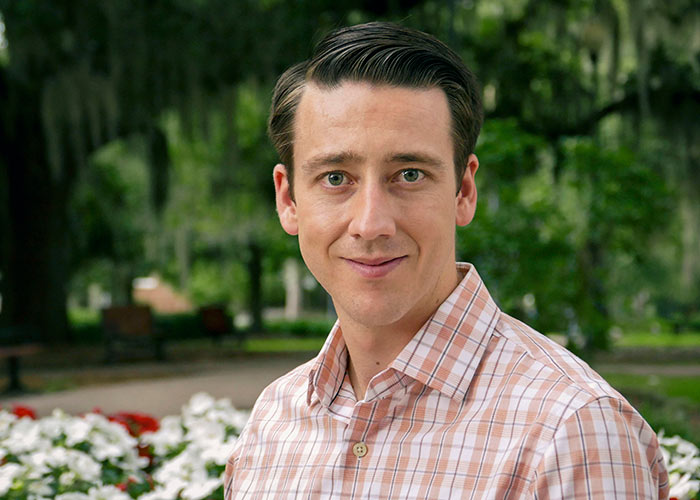
Gavin Dunn {teacher since 2016} Howard Middle School
As a language arts teacher, Gavin Dunn wants his students to be able to read—not just a story but also between the lines. That includes understanding the author’s point of view and literary elements, such as symbolism and themes.
He’s all for studying, not cramming.
“Don’t study just the night before the test. Studying about 30 minutes a night at least a week in advance will probably lead to a better test score.
“Taking more personal responsibility for their education is a tough adjustment for this age group, but they need to realize they are the masters of their own educational destinies. This is already a tumultuous time in the life of a young adult,” says Dunn, adding that it’s a big help if parents stay actively involved in their child’s education.
“Discuss school with them. Make sure they’re doing homework, support and encourage them, offering guidance when needed, but don’t do their work for them. Don’t be afraid to contact teachers. You both want the student to succeed, and often, communication is the easiest way to coordinate that success.”
His Teaching Philosophy
“To help students distill concepts into the simplest forms possible and to examine those concepts from more than one point of view. To help students dig deeper, I like to ask them, ‘What would you do if you were in this character’s position?’”
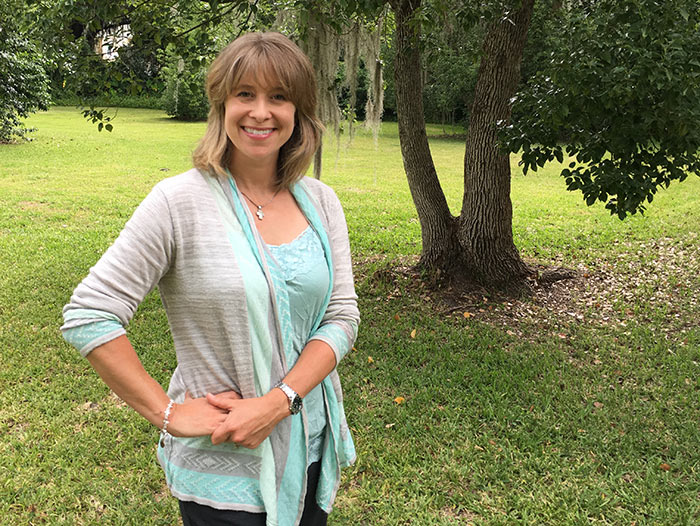
9th Grade
Cheryl Tomlinson {teacher since 2007} Trinity Catholic High School
“A big adjustment for freshmen is understanding that grades earned throughout the freshman year can have a permanent effect on college admissions,” says biology teacher Cheryl Tomlinson. “It takes most students the first quarter or so to realize the academic behaviors that may have led to excellent grades in middle school do not always bring the same results in high school.”
Learning how to balance commitments and responsibilities is an important developmental goal. At this age, students want more space, and parents should expect this. They crave more independence and privacy, so when parents “overshare” about their teen’s personal life, this can be highly upsetting.
Although Tomlinson recommends extracurricular activities that foster personal or academic development, she’s also seen those commitments take time away from proper academic focus and just plain rest.
“Students have told me they feel an unreasonable amount of pressure to continue in activities they no longer enjoy due to the possibility of obtaining a college scholarship or adding to a college résumé. Parents can help their teens prioritize commitments by having honest discussions about what activities are truly enriching their lives and which activities may be best to discontinue,” she advises.
Her Teaching Philosophy
“Engagement increases dramatically when students know you are vested in them personally and their academic success. Kids are not going to remember the curriculum you taught as much as how they felt about the learning environment you created in your classroom.”
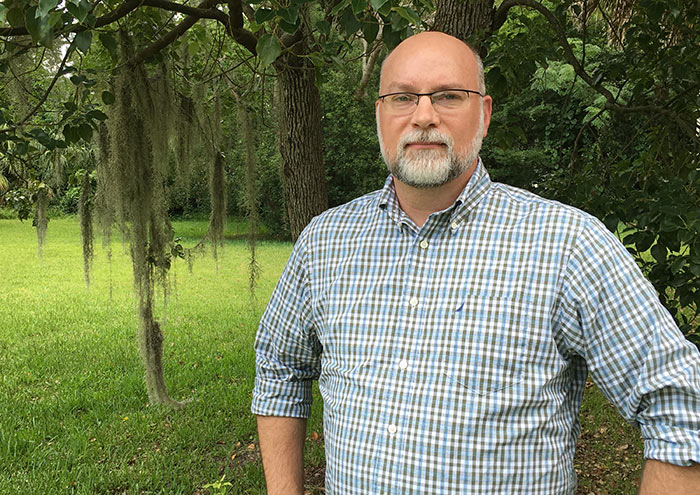
10th Grade
Scott Provost {teacher since 2002} Lake Weir High School
As a world history teacher (mainstream and AP), Scott Provost finds that the most important skill his students work on is writing. Using questions based on passages they read, students focus on refining writing skills and adjusting to more of a college level and style.
He encourages students to study by making connections with previously learned knowledge and applying the lessons of history to current events.
“Memorization will only you get you so far; it is an elementary/middle school study skill,” he says. “High school students need to be able to take it to the next level and independently apply what they have memorized to similar situations and content.”
Students must take responsibility for their own education, he adds. They need to know that history is told from multiple perspectives and that there are always two sides to every story. He emphasizes the value of “gaining knowledge,” not just “getting information” by searching something on the Internet.
Despite his students’ busy schedules, Provost considers extracurricular activities—both team and individual—hugely important and believes they play a vital role in the development of the whole child.
His Teaching Philosophy
“Every kid can learn, but everyone is not created equal. Just because a child isn’t an A student, that doesn’t make them a failure. My goal is to help them reach their full potential.”
11th Grade
Elizabeth Davis {full-time teacher since 2012} Vanguard High School
“With knowledge there is power, and with power, endless opportunities,” says Elizabeth Davis, who teaches 11th grade U.S. History. “I hope to build confidence and self esteem in each student, to show them they are capable of bigger and better things. Teaching is much more than facts and figures; I believe that it is about building trust and confidence.”
Davis finds that lack of motivation and confidence are big concerns for students at this age.
“They are taking far too many tests and are burned out by the end of testing season,” she adds.
She hopes parents encourage their teens to develop acceptance and respect for all cultures and differing groups.
“Not to judge but to understand everyone is different and that is OK.” Along those lines, a book she’d like all her students to read is The Kite Runner.
Her best study tip? Review material from the day before for the first 10 minutes of class.
Her Teaching Philosophy
“It’s OK to make mistakes and not know everything; that is how we learn. I’m honest about not being perfect. They learn to not only trust me, but they build trust within themselves and open up to learning through making mistakes.”
12th Grade
Mary Fillion {teacher since 1987} West Port High School
Senior year is all about helping students develop the practical skills they’ll need to compete in the workplace and at the collegiate level.
To help them transition seamlessly from high school to college, West Port has a unique affiliation with College of Central Florida through their Early College Program. Because of this, 78 seniors received their Associate of Arts Degree 13 days before graduating from high school in May 2016.
Mary Fillion encourages her students to attend classes regularly, read the content material and complete all assignments, but she realizes that this can be a tough time in their lives.
“Seniors are challenged with a balancing act of academics and extracurricular activities, while using their time to the best of their advantage,” says Fillion. “Many seniors are sentimental about making memories and taking those memories with them into the future as they realize this is their final year in high school. Graduation represents a rite of passage in our society. Graduates face both the promise and the uncertainty of the future.”
Her Teaching Philosophy
“I strive to engage my students in the subjects that I teach, while endeavoring to make connections to the present day through current events. An upbeat frame of mind creates an atmosphere in which that learned in pleasure will never be forgotten.”






